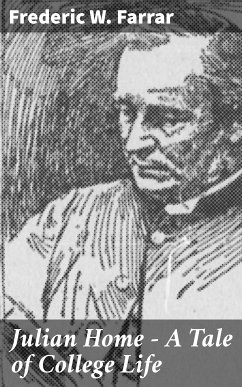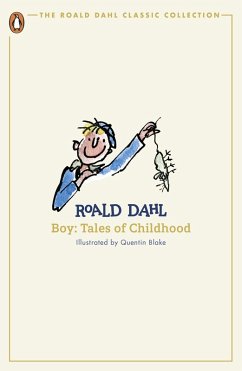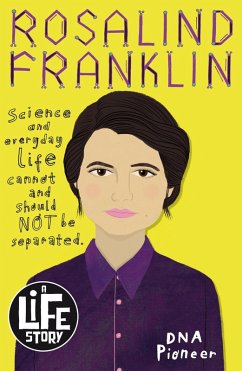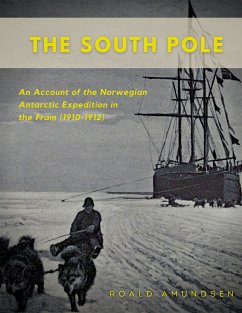
Eric, or Little by Little (eBook, ePUB)
Enriched edition. A Victorian Tale of Moral Growth and Redemption
Kommentar: Cantrell, Grant / Redaktion: Good Press
Versandkostenfrei!
Sofort per Download lieferbar
1,99 €
inkl. MwSt.
Weitere Ausgaben:

PAYBACK Punkte
0 °P sammeln!
In "Eric, or Little by Little," Frederic W. Farrar presents a poignant exploration of childhood, faith, and moral development through the experiences of a young boy named Eric. The novel is notable for its didactic tone and Victorian literary style, encompassing detailed characterizations and vivid descriptions that immerse the reader in the moral dilemmas faced by Eric and his peers. Farrar skillfully weaves themes of friendship, bullying, and redemption within the fabric of a school setting, subtly addressing the importance of compassion and integrity against the backdrop of social hierarchi...
In "Eric, or Little by Little," Frederic W. Farrar presents a poignant exploration of childhood, faith, and moral development through the experiences of a young boy named Eric. The novel is notable for its didactic tone and Victorian literary style, encompassing detailed characterizations and vivid descriptions that immerse the reader in the moral dilemmas faced by Eric and his peers. Farrar skillfully weaves themes of friendship, bullying, and redemption within the fabric of a school setting, subtly addressing the importance of compassion and integrity against the backdrop of social hierarchies. Frederic W. Farrar was a prominent Anglican clergyman and author, whose pastoral experiences and commitment to education profoundly influenced his writing. His dedication to moral instruction and character development is evident in this work, which reflects both his theological background and his desire to guide young readers toward virtuous living. "Eric" also serves as a critique of the rigid structures of Victorian education, revealing Farrar's progressive ideals in advocating for kindness over cruelty. This novel is highly recommended for readers interested in moral tales and the development of children's literature. Farrar's timeless narrative resonates with contemporary themes, making it a valuable read for both young adults and educators alike, inspiring broader discussions on ethics and the responsibilities of friendship. In this enriched edition, we have carefully created added value for your reading experience: - A succinct Introduction situates the work's timeless appeal and themes. - The Synopsis outlines the central plot, highlighting key developments without spoiling critical twists. - A detailed Historical Context immerses you in the era's events and influences that shaped the writing. - A thorough Analysis dissects symbols, motifs, and character arcs to unearth underlying meanings. - Reflection questions prompt you to engage personally with the work's messages, connecting them to modern life. - Hand-picked Memorable Quotes shine a spotlight on moments of literary brilliance. - Interactive footnotes clarify unusual references, historical allusions, and archaic phrases for an effortless, more informed read.
Dieser Download kann aus rechtlichen Gründen nur mit Rechnungsadresse in A, B, BG, CY, CZ, D, DK, EW, E, FIN, F, GR, H, IRL, I, LT, L, LR, M, NL, PL, P, R, S, SLO, SK ausgeliefert werden.













